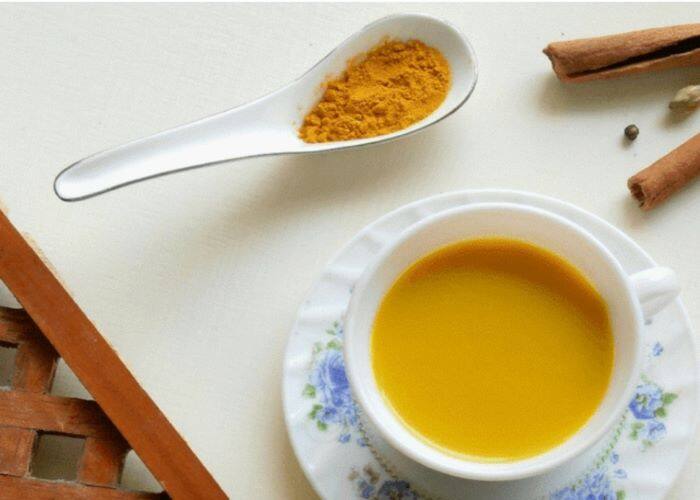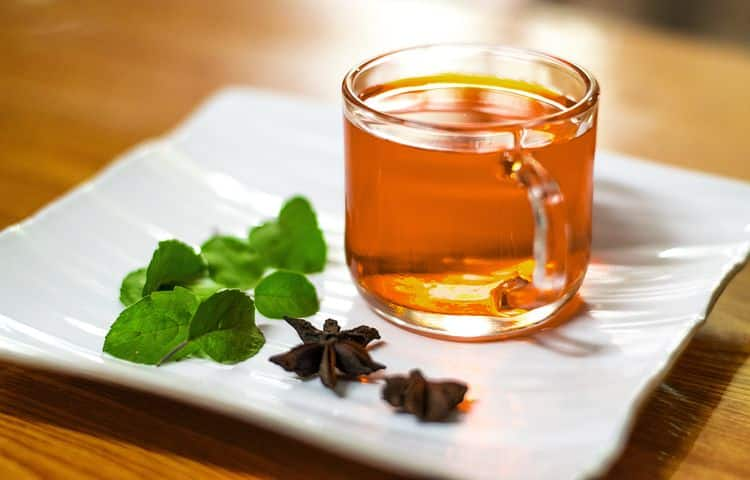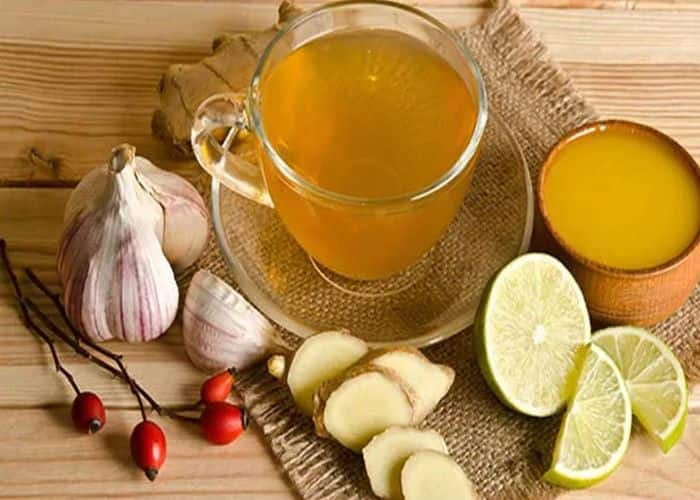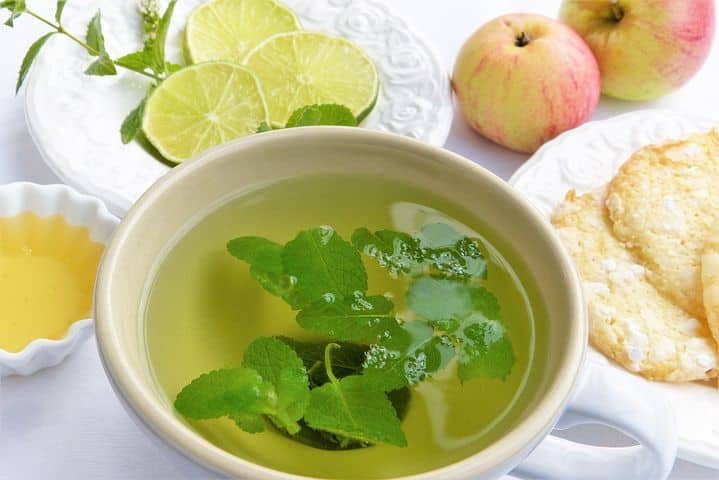Winter cold and cough: 5 Effective ayurvedic home remedies to cure stuffy nose during the cold weather
Although most of us don't consider a stuffy nose to be a life-threatening condition, dealing with it may be immensely annoying and uncomfortable. Here are some home remedies to help cure a stuffy nose.
Remedies for nasal congestion: In the winter, nasal congestion or nose blocks are extremely common. Nasal congestion can cause a variety of issues, including runny nose, congestion, headaches, etc. What could be worse than having trouble breathing? Unfortunately, one of the most typical symptoms of the common cold, flu, sinusitis, and respiratory allergies, all of which appear rather frequently, is nasal congestion.
Fortunately, there are Ayurvedic treatments for nasal congestion that can be very successful in relieving symptoms even when traditional cold remedies and tissue boxes are ineffective.
Here we have 5 home remedies for stuffy nose and nose block which is a common winter problem.
1. Haldi

Since ancient times, Haldi has been used to cure a variety of illnesses, from wounds and skin infections to respiratory disorders like the common cold. The herb is notable for having potent anti-inflammatory, antibacterial, and antihistamine properties that are attributed to curcumin, which is the herb's primary chemical ingredient. Simply mix one or two teaspoons of turmeric powder into hot milk to make it.
2. Amla

It would be quite difficult to find any genuine Ayurvedic immunity supplement that does not include amla as a central ingredient. In addition to being the highest source of vitamin C, research has found that amla possesses potent antibacterial activity against over 100 different bacterial forms. You can eat raw amlas as fruit or search for the ingredient in amla juice and other Ayurvedic remedies.
3. Tulsi

Tulsi is a crucial medicinal plant in the Ayurvedic tradition that is used to strengthen immunity, purify the body, and treat a wide range of illnesses. It is also an important component of Ayurvedic nasal decongestants, whether they are used for sinusitis or the common cold.
4. Ginger-Garlic Juice

Although ginger and garlic are common culinary ingredients, Ayurveda has long acknowledged their therapeutic benefits. They also have antibacterial and anti-inflammatory qualities that could speed up healing.
Along with your revitalizing ginger tea, you can also crush some ginger and garlic cloves to extract the juice, which you can then combine with honey before drinking. Every morning, one teaspoon of the mix can quickly and effectively relieve nasal congestion.
5. Pudina

Another widely used culinary plant in India is pudina, or peppermint, which is used to treat digestive and respiratory diseases. Menthol, the herb's primary pharmacological component, has been shown in studies to operate as a natural decongestant with potent antibacterial and anti-inflammatory properties. Pudina has gained popularity outside of Ayurveda and is now included in some of the most potent cough syrups, inhalants, and balms for the chest.
However, if you are not able to get any relief and the conditions gets worse visit your nearest doctor or family healthcare professional immediately.
(Disclaimer: The information in this article is based on general information and does not substitute for an expert's advice. Zee News does not confirm this.)
Stay informed on all the latest news, real-time breaking news updates, and follow all the important headlines in india news and world News on Zee News.
)
